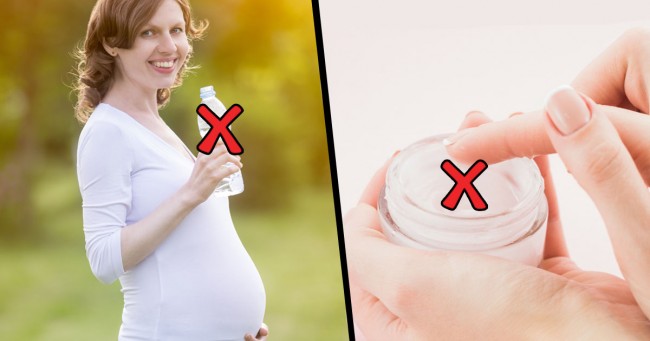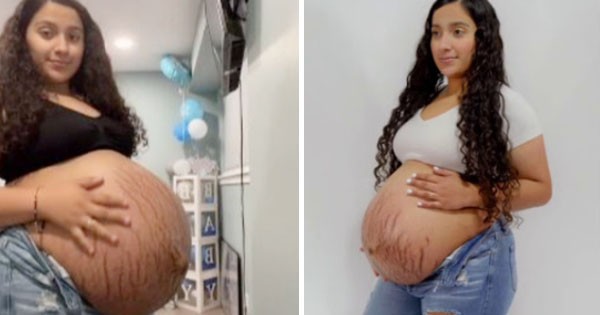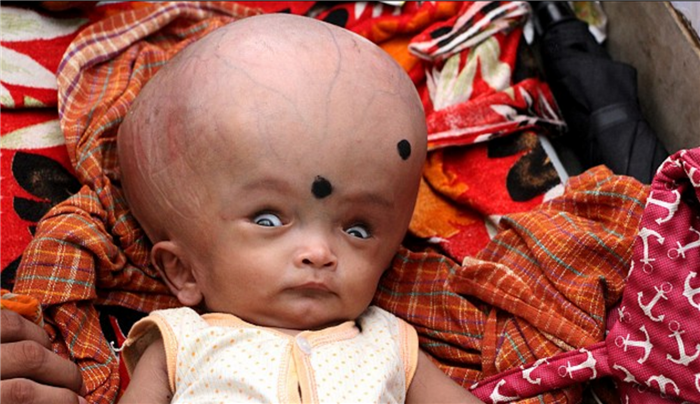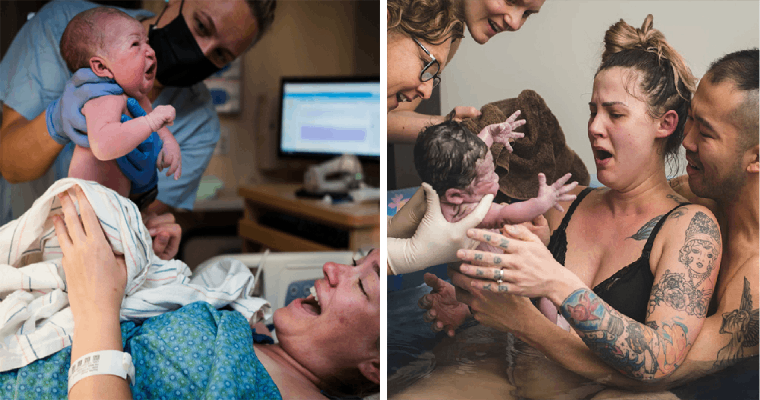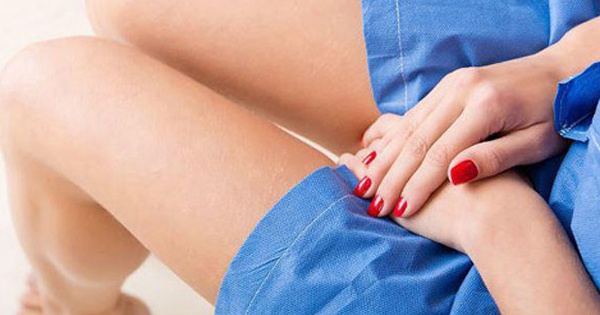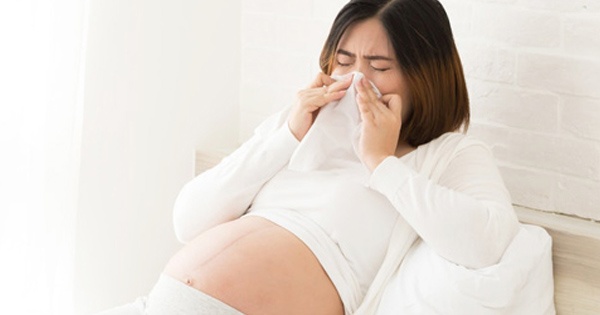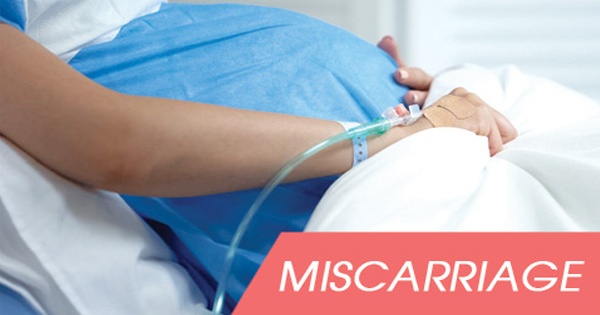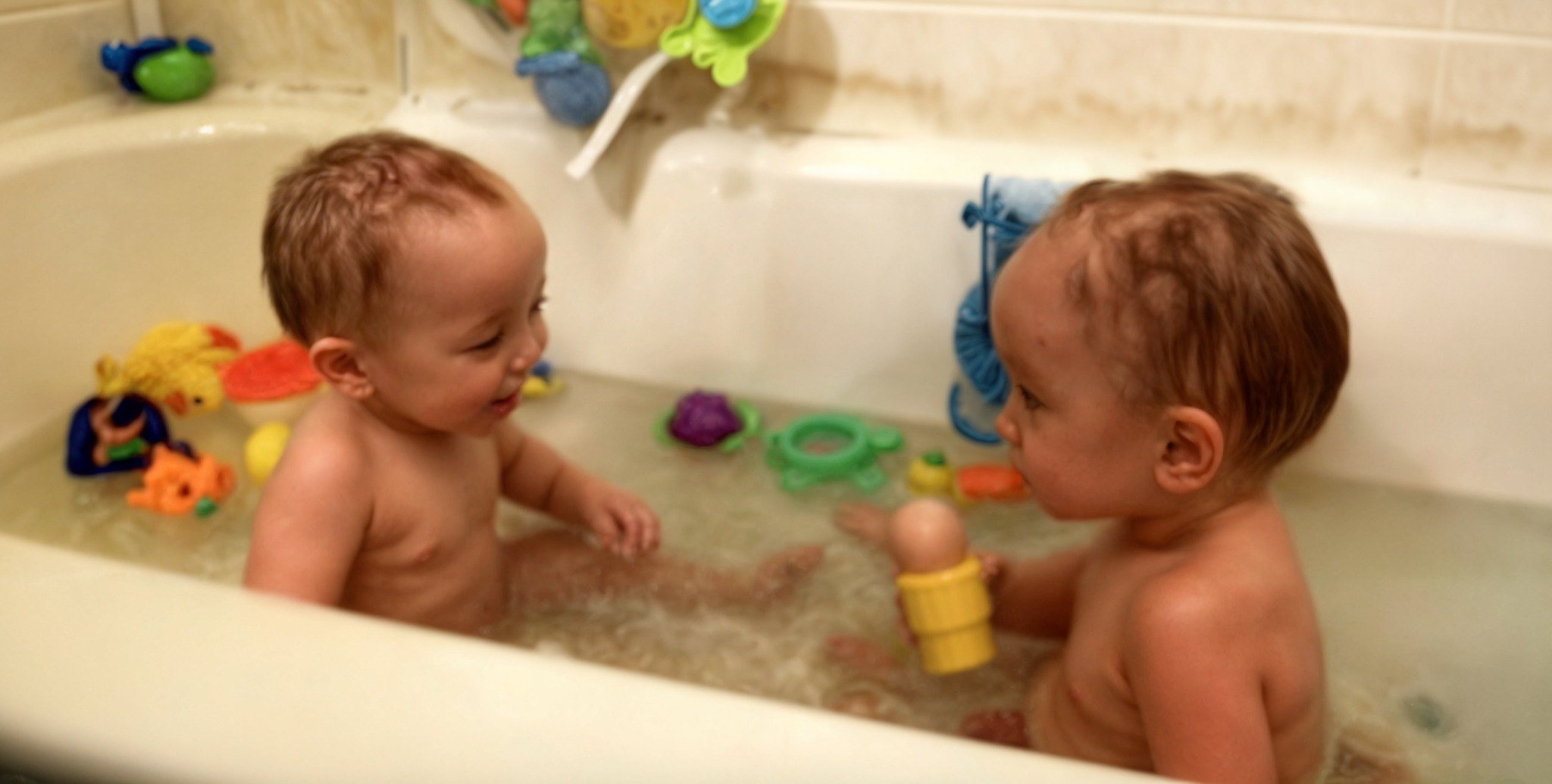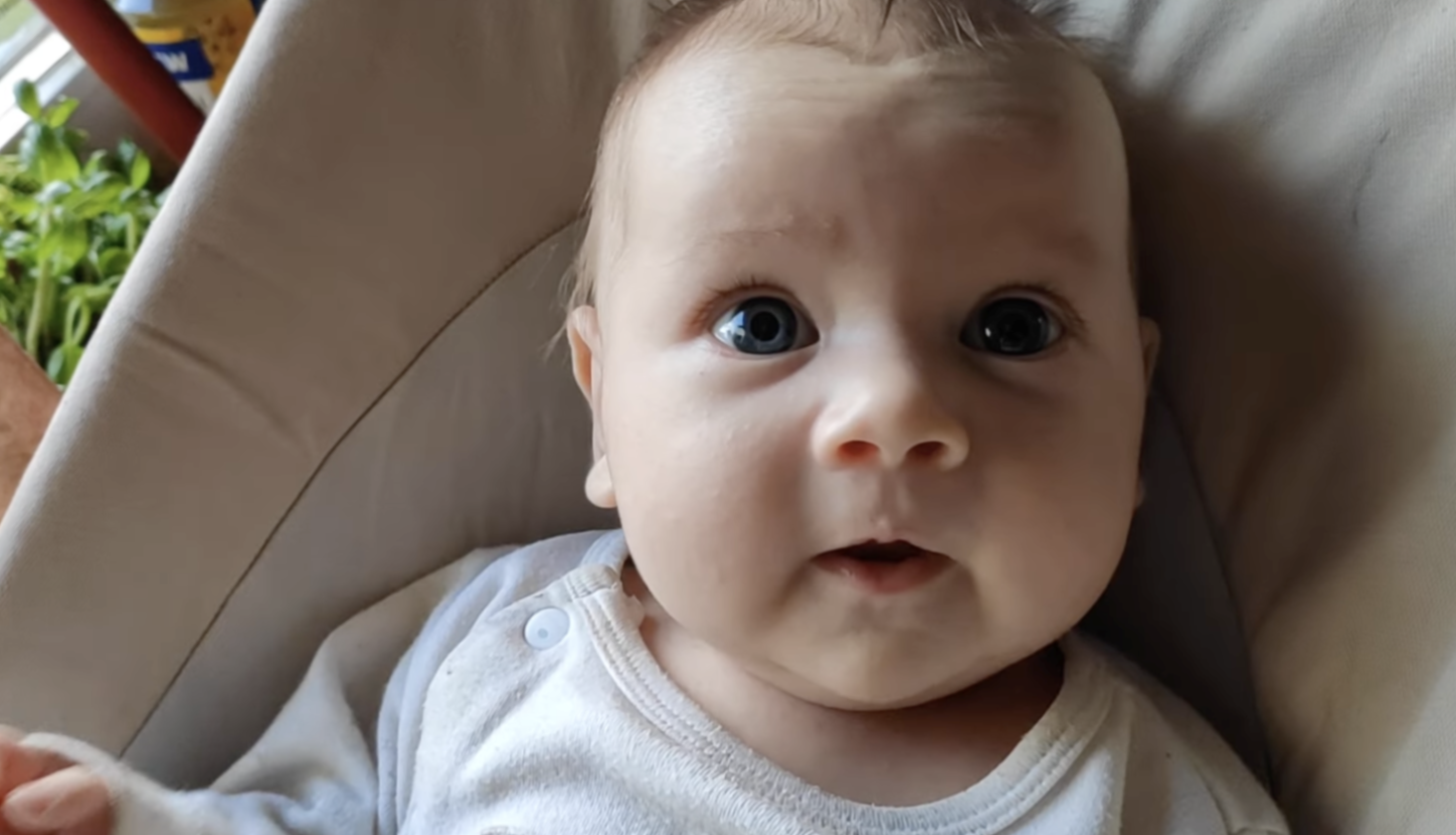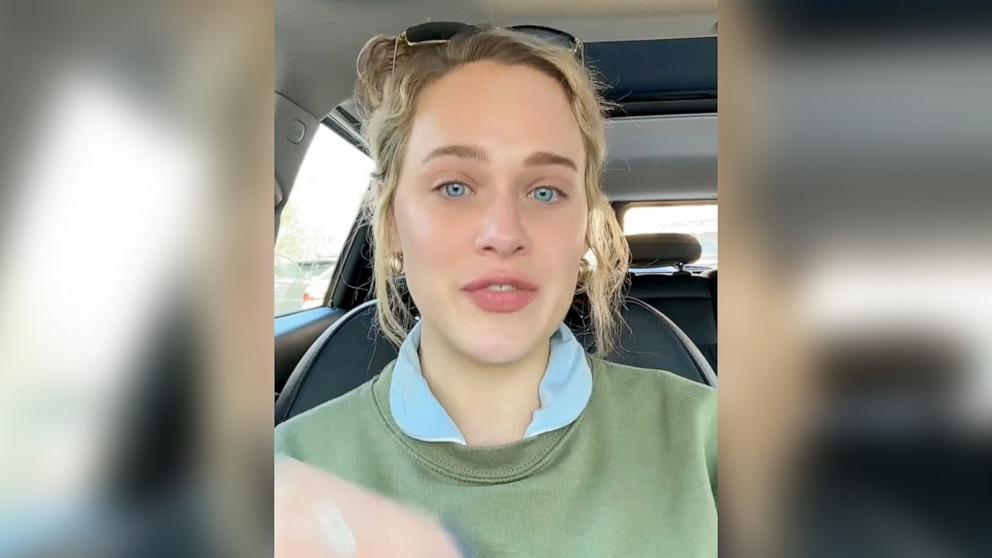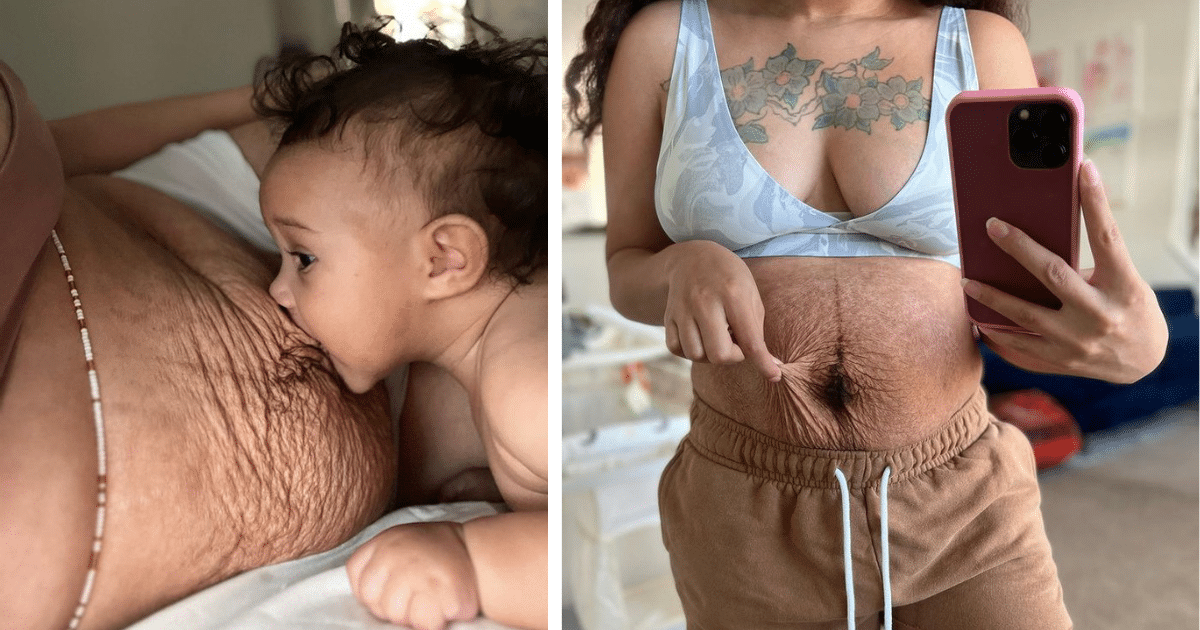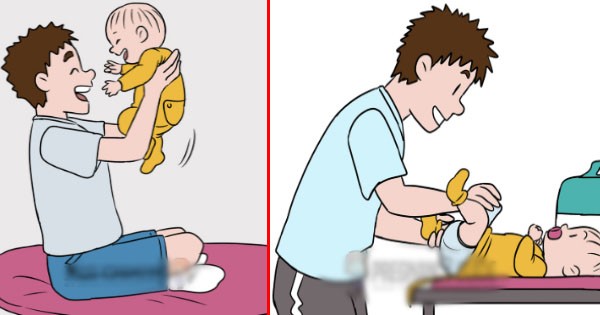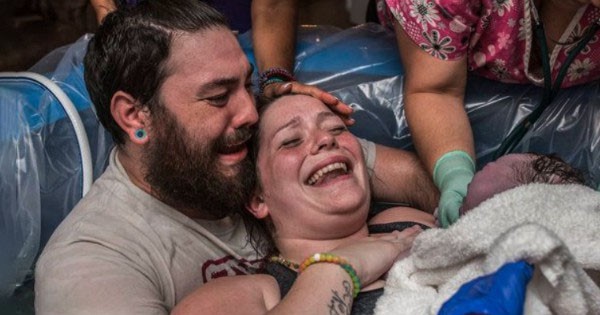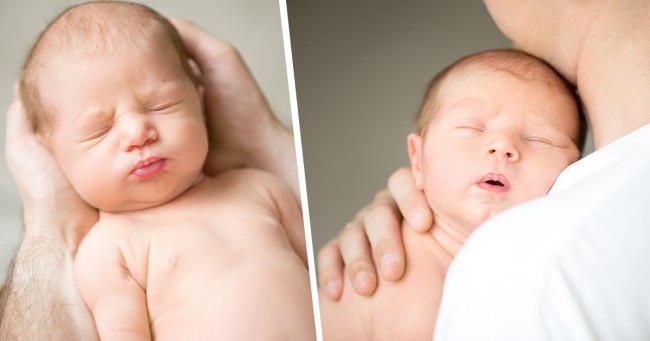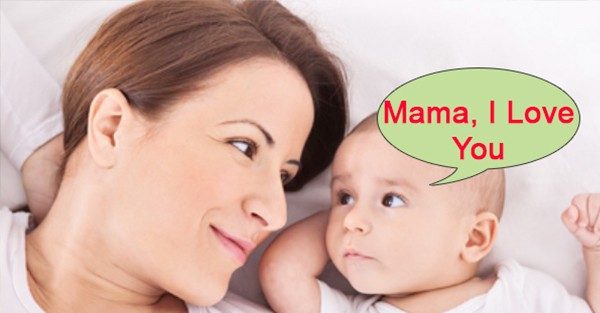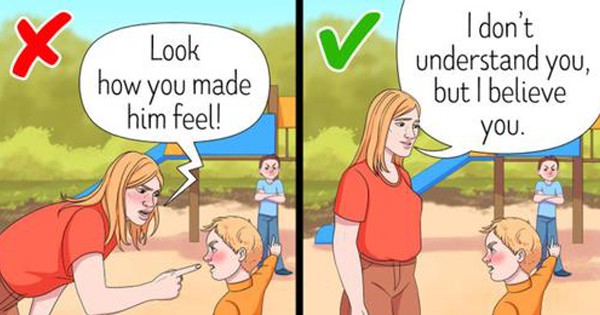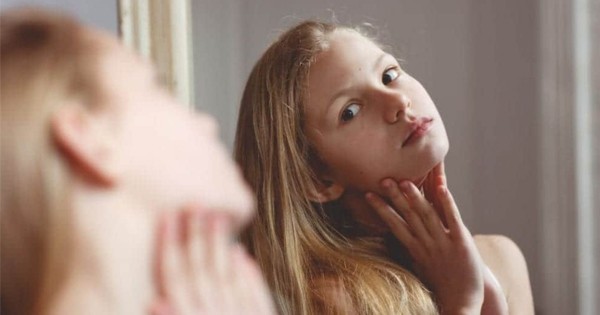
A mother of ‘one in a million’ identical twin sisters with Dᴏᴡɴ ꜱʏɴᴅʀᴏᴍᴇ claims she was supposed to have six abortions – and offer condolences for her baby’s condition before they were born out.
Rachael Prescott, 39, from Monmouth, Oregon, said during her pregnancy with girls Charlotte and Annette, now one, and even after the sisters were born, she was offered condolences and tips to prepare for their health problems when she finds out they may have a genetic condition.
Rachel and husband Cody, 32, were told their twins would likely need open-heart surgery shortly after birth due to a congenital heart condition just months after she became pregnant, but were confused as to why Doctors seem to be more concerned about their potential for Dᴏᴡɴ ꜱʏɴᴅʀᴏᴍᴇ

But stay-at-home parent Easton, six, and Hudson, four, and intern pilot Cody were delighted to meet their newborns, who have been diagnosed with Down’s syndrome at birth.
Rachael refers to her twins as “miracles,” as having identical twins with DS is a one-in-a-million chance.
Rachael said: ‘During my first prenatal appointment at about eight weeks, six specialists took turns going through the scans and came up with the same results.
We sat down to consider similar opinions from each, perplexed by their concerns about whether our girls might have Down’s syndrome, when they were in no doubt. , had a serious heart defect.

Information about navigating their heart condition has been curtailed by the push of genetic testing and possible ᴍᴇᴛʜods of abortion. I wanted to explain how much I wanted to end my pregnancy, but at the time I just sat in silence. ”
Rachael said right up until her twins were born, even after emphasizing her excitement at the thought of adding two more members to their family, doctors continued to present expressed concern that they might be born with DS.
Rachael and Cody were offered further testing to find out if girls had DS before giving birth, but they declined, saying they didn’t care what the results were, even though six different doctors suggested it. they terminate the pregnancy.
Charlotte and Annette’s DS was confirmed when they were diagnosed at birth, and Rachael’s research shows that girls are likely to have medical complications throughout their lives.

Charlotte underwent open-heart surgery six months after she was born, but fortunately, Annette was born without a heart defect.
Rachael said: ‘We had a better understanding of congenital heart ᴅɪsᴇᴀsᴇ and when they were born we celebrated the news of a confirmed diagnosis of Down syndrome. Doctors often recommend cesarean delivery because it can be ʀɪsᴋy but our prayers were answered for a natural birth and the babies need not be rushed to the operating table. .
We are so grateful and relieved. However, those around us approached the topic of Down syndrome timidly. People assumed we were grieving but we quickly assured them that we had no sadness or grief in our hearts regarding our beautiful heart, our breathing, our movements, our beatings. , girls and their accessory chromosomes.

After our daughter was born, we were excited to learn about Dᴏᴡɴ ꜱʏɴᴅʀᴏᴍᴇ. But in my long nights of practice, I read book after book on Down syndrome, and I grew sadder and sadder to find myself cornered in chapter after negative advice regarding grief, social charges and family and any possible medical complications under the sun.
I realize that even in our rapidly advancing society, human rights for people with Down syndrome are still in their infancy, it is best that medical professionals bridge social ꜱᴛᴇʀᴇᴏᴛʏᴘᴇꜱ ᴡɪᴛʜ Dᴏᴡɴ ꜱʏɴᴅʀᴏᴍᴇ ɪᴛ ᴍᴀɴɪꜰᴇꜱᴛꜱ ᴀꜱ ᴀ ɴᴇɢᴀᴛɪᴠᴇ ꜰᴏʀ ᴘᴀʀᴇɴᴛꜱ.’
Rachael is now speaking out encouraging parents and doctors to consider their children’s condition and embrace them for who they are.

Rachael said that although Annette and Charlotte are smaller than they should be and develop a bit slower, they are in many ways no different than one-year-olds.
She said: ‘Our girls hang around, taking their own steps, giggling and exploring every inch of our living room. They enjoy playing with their older brothers.
They had begun the typical sisterhood of ғɪɢʜᴛing over toys and small cups, but entwined in the same crib every night in total love. Witnessing this bond, among all my children as they learn and grow, I enjoy being their mother the most but in the first two years we are aware of the negative stigma towards down syndrome.

All children are susceptible to ɪʟʟɴᴇss and injury, not just children with Down syndrome. Stories of ᴍᴏᴜʀɴɪɴɢ and grief go beyond parents’ accounts of joy and joy. We hope in the future, to steer future parents away from false stereotypes and towards what we have found to fill us with joy.
The crazy love we have for our girls overcomes any emotional stress stemming from their medical needs. Without a doubt, I still choose my children as they are. ‘




